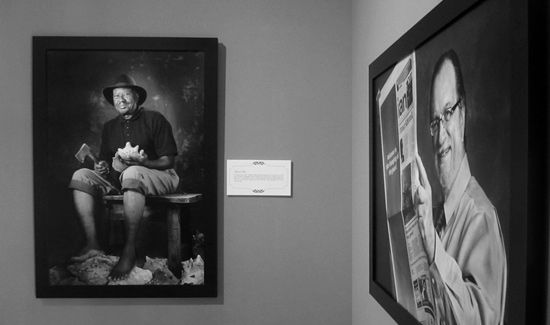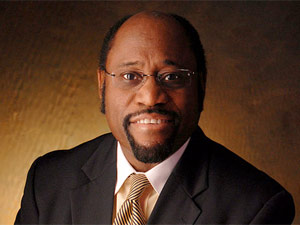
For centuries the practice of naming one’s child after a saint was almost second nature. Typically, Catholics named their child after the saint on whose day he was born. Over the past few decades, however, the invasion of secularism and moral relativism has worked to undermine the family and religious faith threatening, in turn, this and other such Christian traditions. Swept away by the lack of stable cultural references and by the rapid transformation of society we see more and more Catholic parents naming their children whatever seems to suit their fancy.
Sir Bob Geldof, for example, has daughters named “Pixie” and “Peaches”. Victoria and David Beckham called their first son “Brooklyn”, after the district of New York. In 2008, a couple in Italy sought to name their son “Friday” after Robinson Crusoe’s manservant. Italy’s highest court rightly denied this request saying it was “ridiculous” and would expose the child to mockery from his classmates. Naming children after celebrities, perfumes, bicycles and countries, as is often the case today, puts limits on children’s potential. Children are not merchandise or commodities.
Recent records show that the name “Mary” – which in every year from 1910-1965 was either the first or the second most popular girls’ name – is no longer even in the top 100. The names of the foster-father of Jesus and of the four evangelists were also firmly entrenched in the top ten each year during that period. The name Joseph is now 16th, Matthew is 13th, John is 26th, Luke is 48th, and Mark is 154th.
The name given to a child is the name that child will be referred to for the rest of his life. He will hear that name perhaps millions of times. It cannot help but have a profound impact on the child’s development and self-identity. If a child is given a neologism or a name that is common to both boys and girls he or she is likely to have a lifetime of misaddresses envelopes, unnecessary hassles, and other tiresome or embarrassing gender-confused situations. Parents who name their child after a soap opera star, professional athlete, rock star, or reality show personality, will not only be manifesting a regrettable superficiality, but will also be linking their child to someone who almost certainly will be irrelevant when they become adults.
Sacred Scripture tells us that God took names very seriously. He changed the names of Abram to Abraham, Sarai to Sarah, Jacob to Israel and Simon to Peter. He commanded Zechariah to name his son John, and Joseph to name Mary”s Son Jesus; “You shall call His name Jesus, for He shall save His people from their sins.” To give someone a name is a sacred act, It is a participation in God’s creative plan. Such a solemn responsibility should be carried out with prayer and joyful seriousness rather than done capriciously and in careless ignorance of the consequences.
Pope Benedict XVI recently said that in baptism, the Christian “acquires the character of the son of God, beginning with their Christian name, an unmistakable sign that the Holy Spirit causes man to be born anew in the womb of the Church”. This “indelible spiritual seal” raises the baptized person to the supernatural order and sets him off on a lifelong “journey of religious faith “. After baptism the child must be educated in the faith, instructed in accordance with Sacred Scripture and the teachings of the Church so that the seed of faith received in baptism will grow within him and that he may attain full Christian maturity.
Naming a child after a Christian saint or Biblical hero is a concrete reminder for the child and everyone else that God is calling that child, like his or her Christian namesake, to holiness and heaven where the mysterious and unique character of each person marked with God’s name will eventually shine forth in splendor.
The patron saint provides a model of charity and the assurance of his prayer. For Catholics, naming their children after saints is an acknowledgment that they truly believe in the communion of saints. Thus, when we choose a Christian name for our child, we should have a particular saint in mind. Is Margaret named after Saint Margaret of Scotland or Saint Margaret Mary Alacoque? Is Francis named after Saint Francis of Assisi or St. Francis Xavier?
As our children grow, we should cultivate their devotion to their patron saint by teaching them about the life of that saint and helping them to learn prayers to that saint. As Christians, we never walk through this life alone, but in communion with all the saints. And that reality should be reflected in the names we give to our children.
Paul Kokoski



